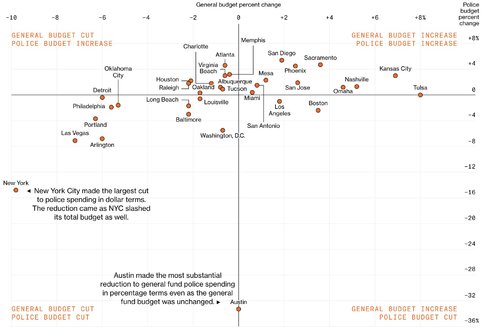VikingsGuy
Well-known member
I was meaning something a little different. For me the extra influence I am referring to as it specifically relates to term limits to is not about the money or the revolving door - it is about institutional power/memory. How to get laws made, how to understand the budgeting processes, how to understand the agencies and how to keep them accountable and bounded is extremely complex. A congress member is essentially just along for the ride for the first 5-8 years on the hill. They rely almost entirely on professional staffers, agency liaisons and lobbyists for almost all of their understanding. But with time they learn enough that they can begin to exert power over the processes and agencies, even in spite of the "handlers" steering them. To say 3 terms in Congress is max, just means the permanent professional staff in DC will have near-absolute control of the government. The point I was raising is different from the concerns you raised in your reply and is not intended to address those good points (although for another day, I do disagree that campaign funding or revolving door lobbying is the real problem in DC).I agree, but it happens now anyway, so any argument that is based on it happening the same or more falls a little flat. I don’t think you can tell people where they can or can’t work after leaving public office. That’s a slippery slope. You need to take the money out of politics to get rid of lobbists (and not sure that will do it). How about government funded elections. Each candidate gets a set amount. Make PACs illegal. More debates on material issues and less USPS mailings and yard signs.





